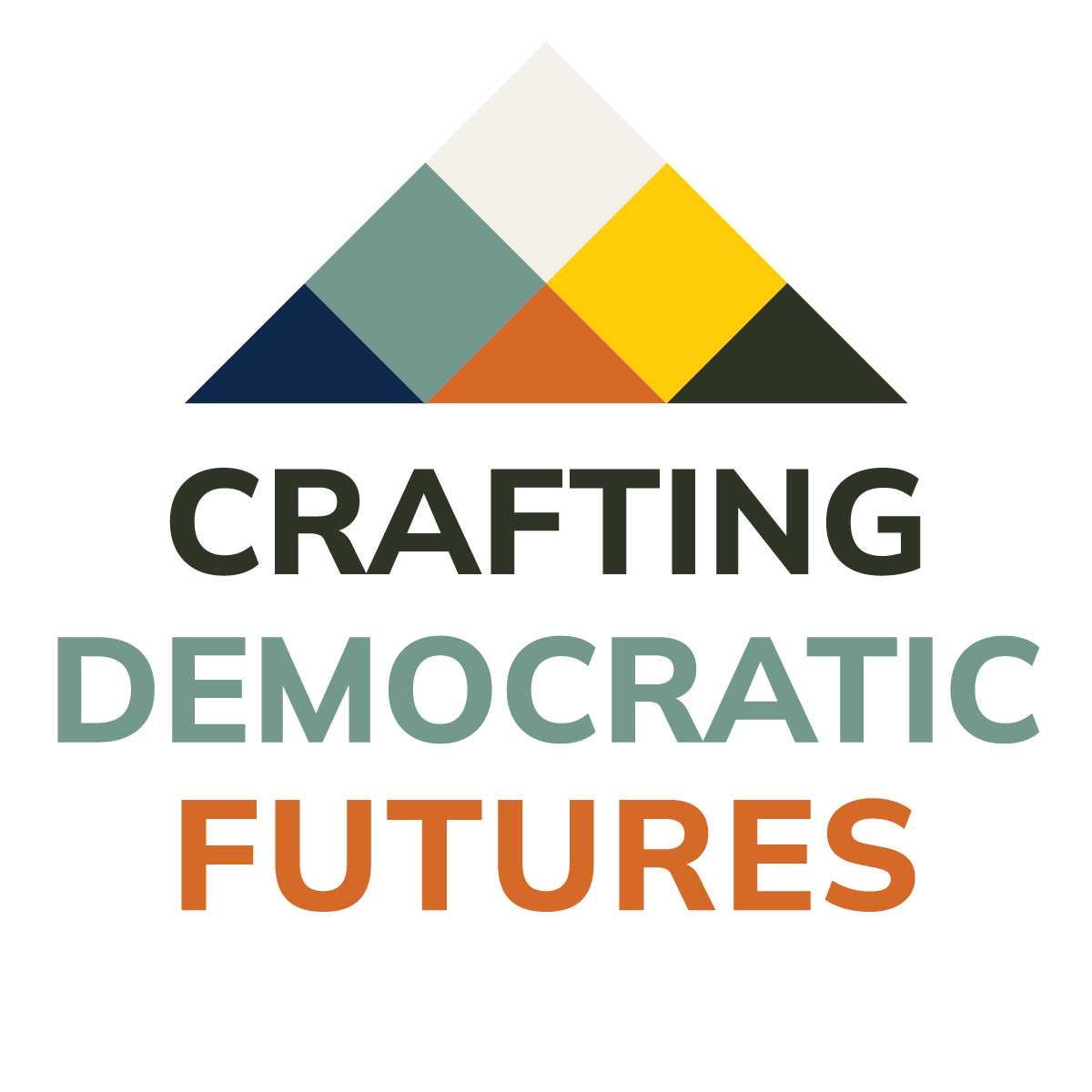Instructor: Dr. Mark Krasovic
Course Description
This is a class in the history of an idea – racial justice – and how it has been defined, imagined,
pursued, and denied across a broad swath of American history. It invites contemporary and
personal reckonings with ideas of justice via close examination of case studies from philosophy
and history, as well as local archival research in Newark history.
We will encounter and grapple with different ideas about what constitutes justice and how it’s
most effectively pursued. How do we define “justice” and how would we know it if we saw it?
What is “social justice” as compared to other notions or arenas of justice? What’s the difference
between reparative, restorative, transitional, and retributive justice and how has each been
pursued in specific times and places? Among the episodes we’ll consider will be the murder of an
Indigenous man on the early American frontier, a lawsuit brought by a woman against the man
who kidnapped her and sold her into slavery, a mass movement of formerly enslaved Americans
demanding payment for their years of uncompensated labor, the internment of Japanese
Americans during World War II, the aftermath of apartheid in South Africa, and current
proposals on the national and state levels to study racial reparations.
This class is offered in partnership with a Mellon Foundation-funded project to create a
historically informed, community engaged report on racial reparations in Newark. Students will
learn about that project and have opportunities to engage in its work. The class will give you an
opportunity to perform original research that may contribute directly to the development of local
reparations thinking and organizing.
In short, you will come away from this class with a deeper familiarity and facility with concepts of
justice, knowledge of how those concepts have played out across mostly (but not exclusively)
American history, and sharpened historical research skills. In turn, you can use each of these
outcomes in our current historical moment.
Learning Objectives
In this course you will have the opportunity to learn and practice these skills:
- Formation and intelligent deployment of language and theories of justice
- Critical and contextual reading of historical episodes
- Locating and collecting primary source evidence
- Critical and contextual analysis of that evidence
Class Schedule
Introductions to Justice
January 17: Introduction to the Class and Justice Theory
January 24: Reading Workshop
Reading: George Saunders short story, “The Mom of Bold Action”
January 31: Murder on the Early American Frontier
Reading: selection from Nicole Eustace, Covered with Night: A Story of Murder and Indigenous Justice in
Early America
February 7: Restorative and Reparative Traditions Today
Reading: Meyer, “History Repeats Itself: Restorative Justice in Native American Communities”
Historical Episodes & Sources, Part I: Slavery
February 14: Local Histories of Slavery
Readings: Berlin and Harris, “Uncovering, Discovering, and Recovering: Digging in New York’s
Slave Past Beyond the African Burial Ground” from Slavery in New York
February 21: Henrietta Wood & the American Courts
Readings: selection from W. Caleb McDaniel, Sweet Taste of Liberty: A True Story of Slavery and
Restitution in America
February 28: Reparations as Mass Movement
Readings: selection from Mary Frances Berry, My Face Is Black Is True: Callie House and the Struggle
for Ex-Slave Reparations
Historical Episodes & Sources, Part II: Segregation
March 7: Truth & Reconciliation in Post-Apartheid South Africa
Reading & Viewing: selections from Facing History & Ourselves, Confronting Apartheid (reading)
and Long Night’s Journey Into Day (film viewing)
March 14: SPRING BREAK / NO CLASS
March 21: Reparations for Japanese Americans in the 1980s
Readings: selections from Japanese Americans: From Relocation to Redress; George Takei video
March 28: Local Histories of Segregation
Readings: Rothstein, “If San Francisco, Then Everywhere?” from The Color of Law: A Forgotten
History of How Our Government Segregated America
Abridged for CDF Website
April 4: “The Ghetto”: Integration vs. Enrichment
Readings: selection from Howard Thurman’s The Luminous Darkness (1965) and from the Kerner
Commission report (1968)
Contemporary Justice Movements
April 11: The Criminal Injustice System
Readings: Davis, “Ferguson Reminds Us of the Importance of a Global Context”
April 18: Local Reparations Efforts
Readings: dossier on Tulsa and Evanston
DUE: Research Proposal, Thursday, April 20
April 25: The Reparative Futures Project in Newark
Readings: proposed legislation HR40 & NJS322 and
DUE: Final Research Report, Date TBD

